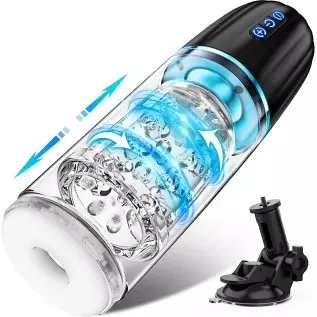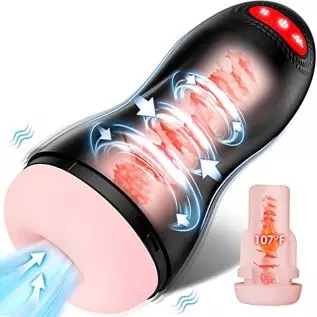Will women still have menstruation after pregnancy? What happens to menstruation after pregnancy?
Some people say that women will still have menstruation after pregnancy, but in fact, pregnant women do not have menstruation. This is vaginal bleeding. There may be hidden gynecological diseases, which must be paid attention to.
How does menstruation happen after pregnancy?
1. Other causes of vaginal bleeding: Bleeding after pregnancy is also common in pregnancy complicated by cervical polyps or erosion. Cervical cancer can also cause vaginal bleeding. Very few cases of pregnancy menstruation can be understood as a physiological reaction after the fertilized egg implants.
2. Threatened abortion: There is a history of menopause, and the urine pregnancy test is positive, confirming pregnancy. In this case, if vaginal bleeding occurs again, or is accompanied by backache or abdominal pain, threatened abortion should be considered first, and the possibility of ectopic pregnancy should also be considered.
Menstruation after pregnancy is not a real menstruation. It is bleeding due to lesions in the uterus or its appendages. You must be especially vigilant about ectopic pregnancy and threatened abortion, which are very dangerous. If you get your period again after becoming pregnant, you should go to the hospital for a checkup immediately. Find out the cause of bleeding so you can treat it promptly.
How to prevent menstruation after pregnancy?
1. Pregnant women should quit smoking and drinking.
It is currently known that tobacco contains more than 1,200 harmful substances, among which nicotine, tar, and carbon monoxide are the most harmful to the human body. Passive smoking is even more harmful. Husbands should not smoke indoors, and pregnant women should avoid staying in smokey environments for long periods of time. Drinking alcohol has adverse effects on the fetus.
2. Pregnant women are not allowed to keep pets.
According to a survey by medical experts, some cats, dogs, poultry and other animals are infected with Toxoplasma gondii. Toxoplasma gondii can cause toxoplasmosis, which is a zoonotic disease; about 30 to 40% of pregnant women infected may pass it to their fetuses. Toxoplasma gondii infection is divided into recessive and dominant. Although sometimes there are no symptoms for pregnant women, Toxoplasma gondii can infect the fetus through the placenta, causing miscarriage, stillbirth, premature birth or various abnormalities, such as fetal hydrocephalus, cerebral Calcification, reduced vision and hearing, may also cause neonatal pneumonia, hepatosplenomegaly, jaundice, and disturbance of consciousness. Therefore, pregnant women should stay away from pets. It is best for women not to come into contact with pets during pregnancy.
3. Be careful when sleeping on electric blankets when the weather is cold.
Scientists believe that when people use electric blankets, due to the capacitance between the human body and the electric blanket, even if the electric blanket has a fully qualified insulation resistance, an induced voltage of 40 to 70 volts will be generated and act on the human body. , and has a current strength of 15 microamps. Although this current is small, because the electric blanket is close to the pregnant woman's body, it may be potentially dangerous to the developing fetus. Pregnant women who use electric blankets in the first three months of pregnancy have a high rate of spontaneous abortion. The correct usage is to preheat for half an hour before use, turn off the switch and unplug the power plug before going to bed. . . .
















